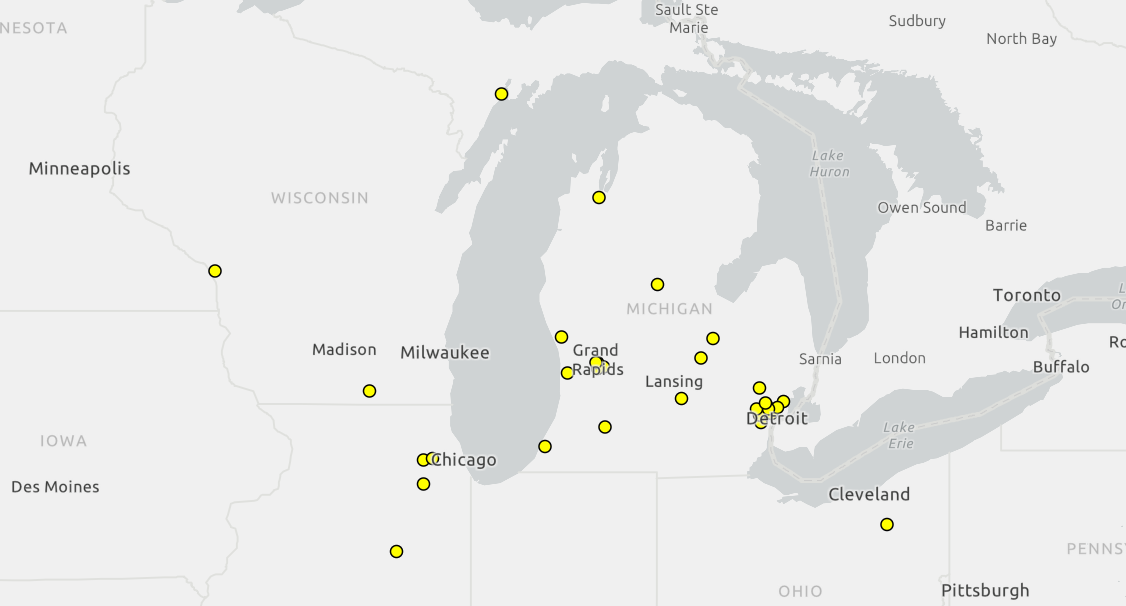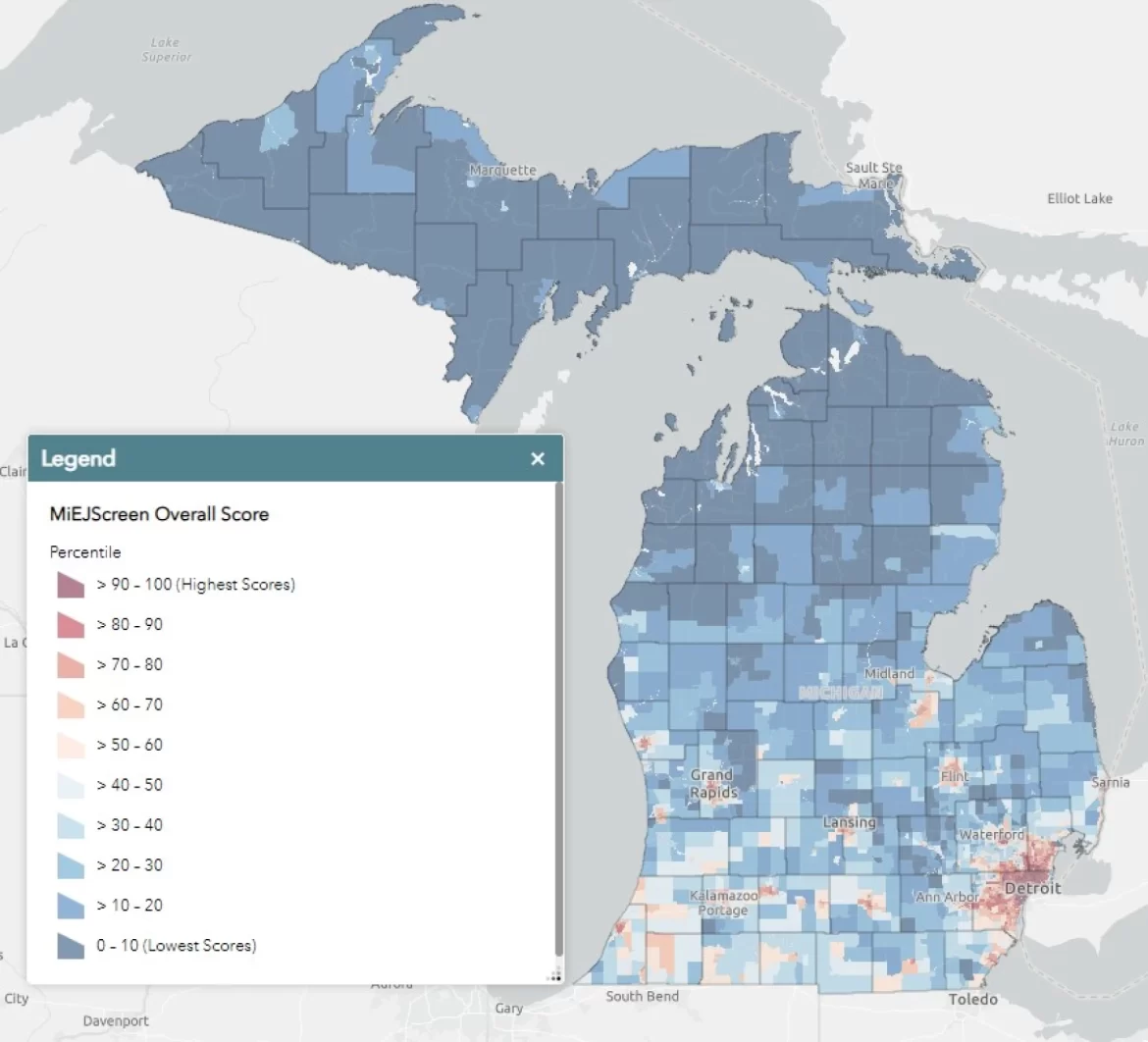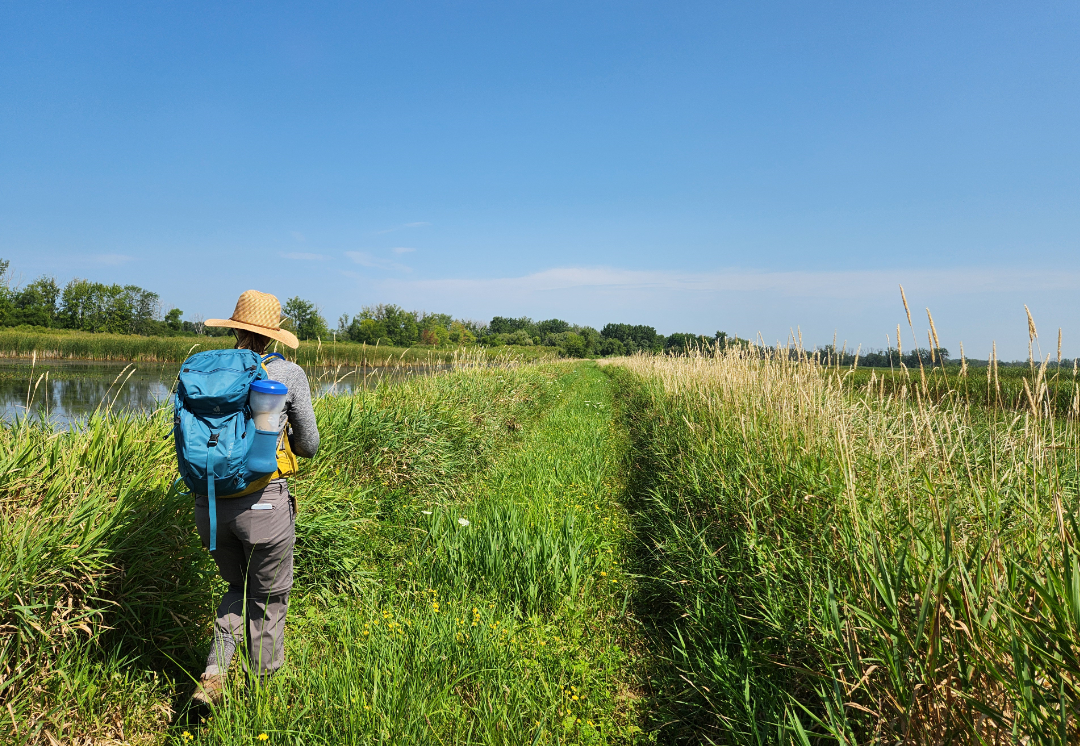Wildlife
Michigan is part of multi-state effort to track chronic wasting disease
|
By Elinor Epperson
Researchers at Cornell University are studying whether machine learning can help states and tribes predict the spread of a dangerous disease plaguing North American deer. A recent study done in partnership with Michigan State University showed that machine learning could calculate where chronic wasting disease will spread at the county level. That information will help state and tribal agencies address a problem much larger than their individual jurisdictions, said Mitch Marcus, the wildlife health supervisor at the state Department of Natural Resources. “Wildlife and associated disease and or wildlife pathogens don’t understand or know jurisdictional boundaries,” he said. Chronic wasting disease is a neurological, degenerative disease caused by prions.









